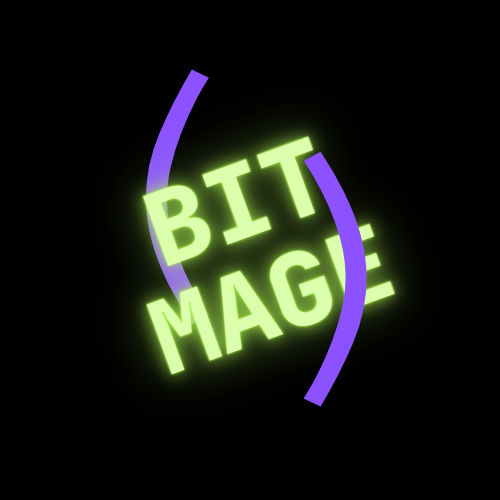Software Archaeology
During a recent surf, I chanced upon this beast.
Thinking about compiling more such landmarks – an itinerary for fellow cyber pilgrims
Reviewing older codebases is an underrated exercise for software engineers
It’s a journey through the evolution of code, revealing the engineering decisions that moulded what we deal with today
Tracing the history of a project – understanding what worked, what didn’t, and how technical components evolved – has been a joy lately
